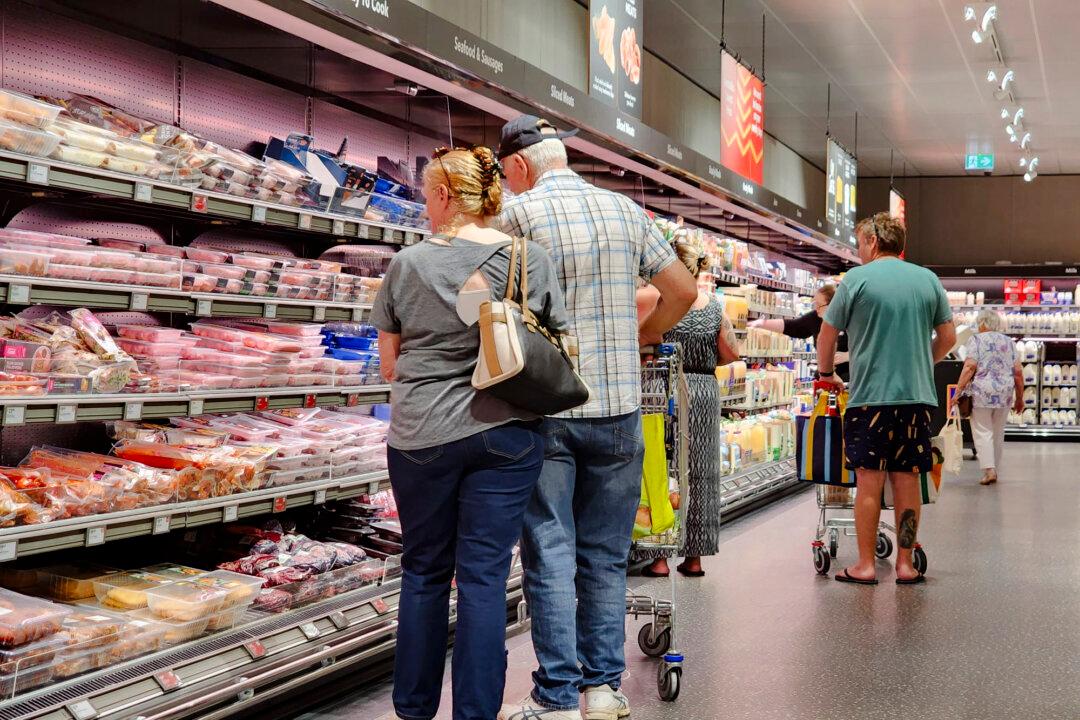The average cost for a Fourth of July cookout has increased in 2024 to a “record high,” in part because of higher inflation, according to a survey released on June 27 by the American Farm Bureau Federation.
An Independence Day cookout for 10 people will cost 5 percent more than last year, according to the farmer and rancher group. In 2023, the average cost was $67.73, but in 2024, it will cost an average of $71.22, the group found.





